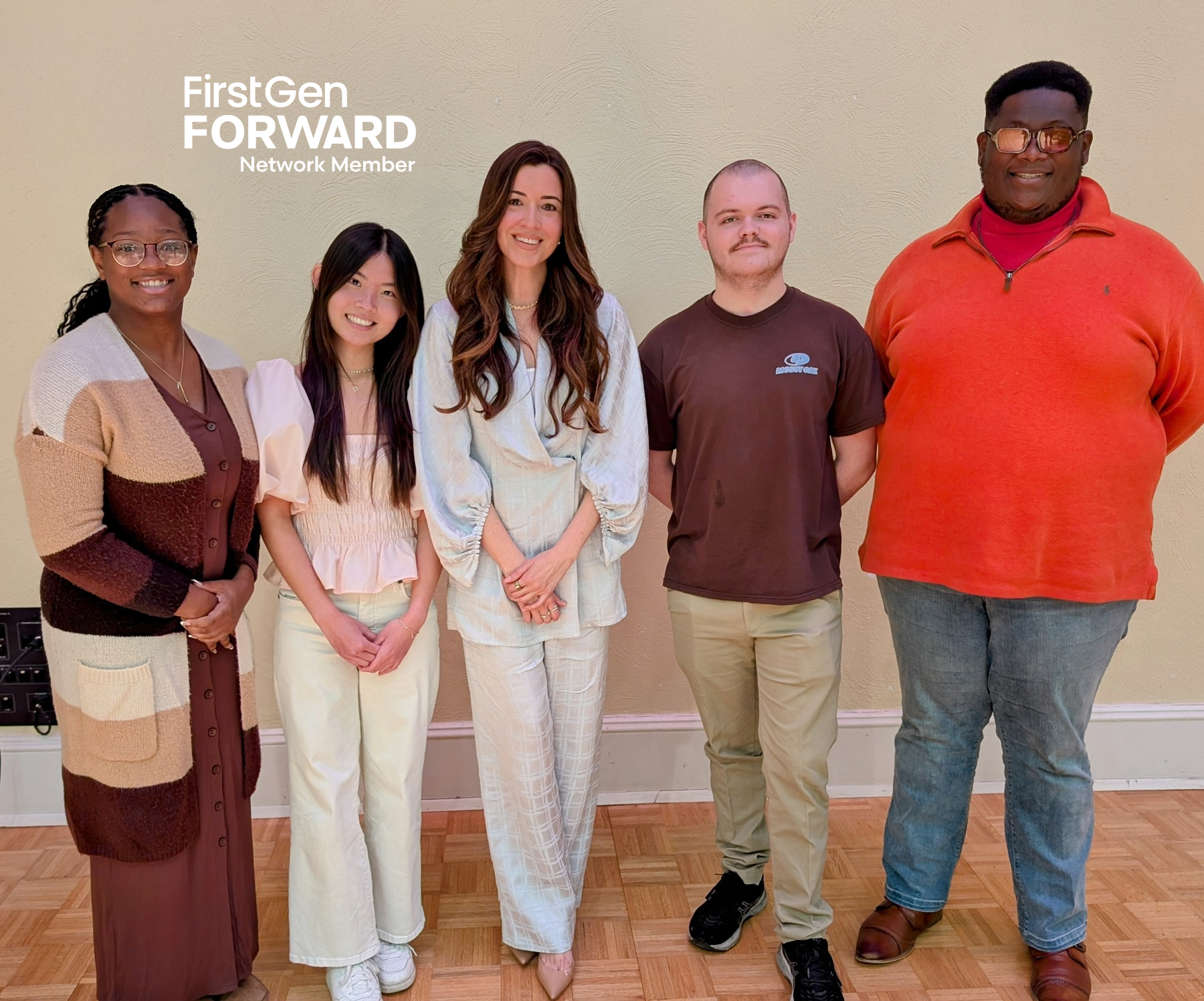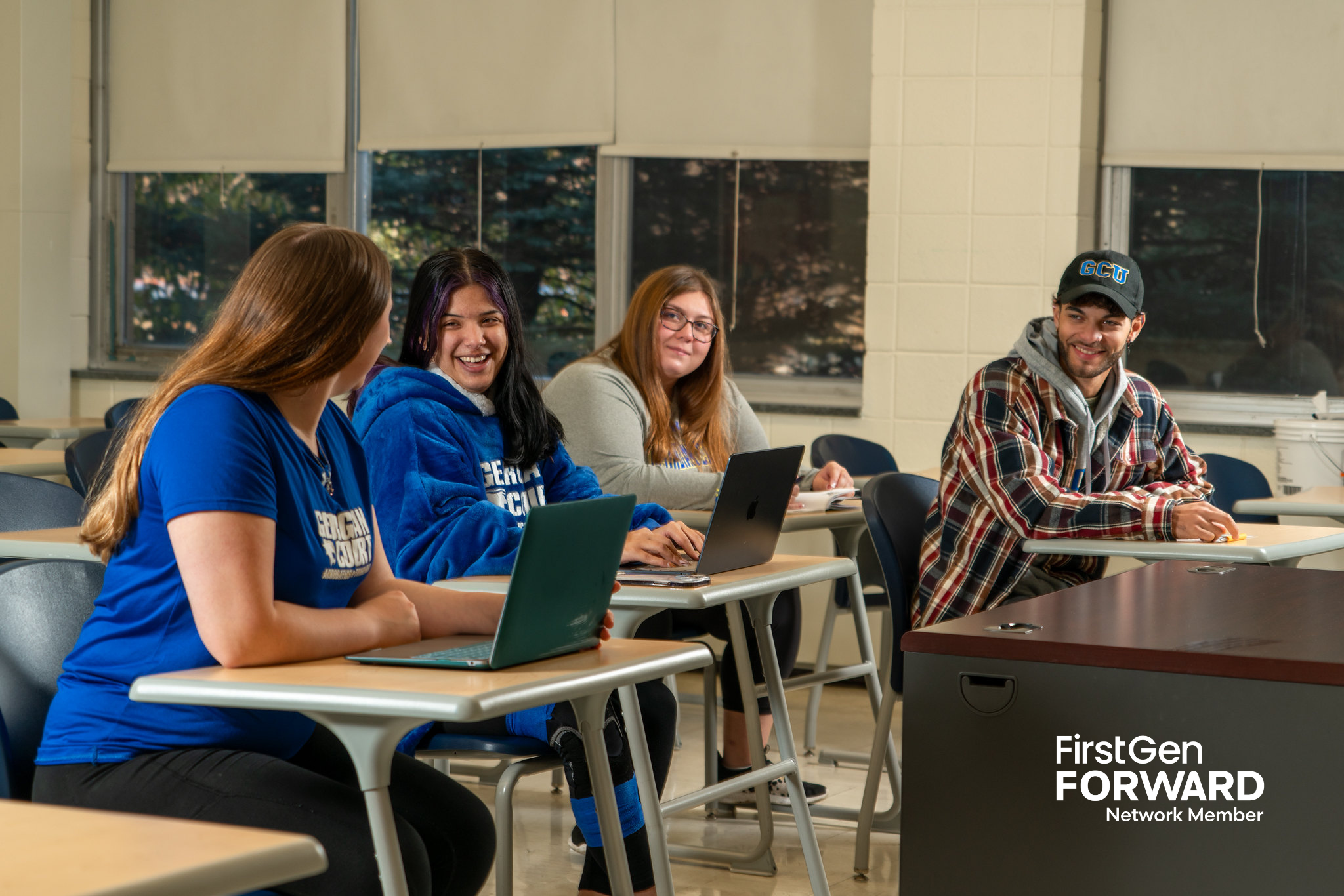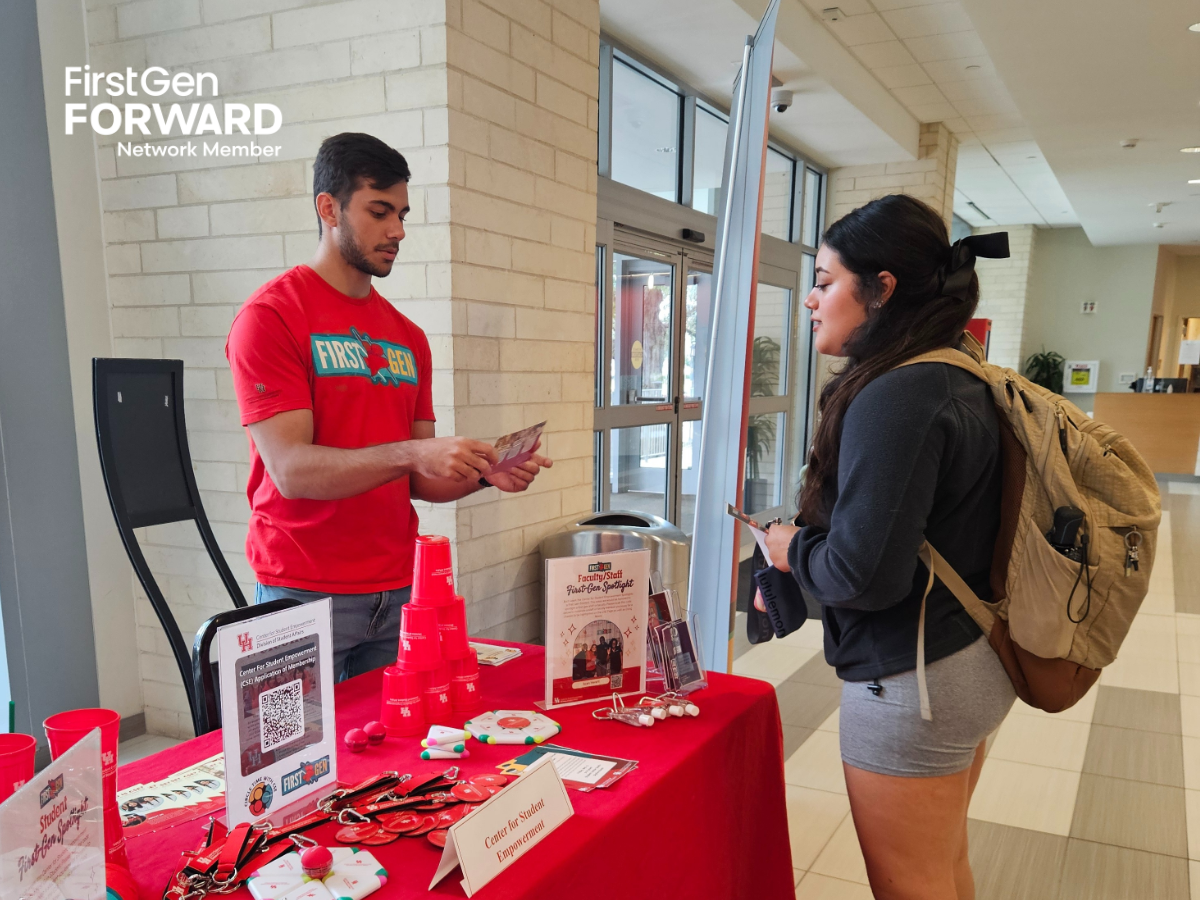The Mississippi University for Women, commonly called The W, was chartered in 1884 as the first state-supported institution of higher education for women in the United States. It was not founded as an ivory tower for the elite, but as an institution to serve the underserved. As one legislator famously said, it was a “Godsend” for the “poor girls of Mississippi.” Although a co-educational institution since 1982, The W maintains its historic commitment to academic and leadership development for women and has begun to center the success of first-generation college students.
Today, The W’s estimated first-generation population is approximately 60% based on surveys of incoming freshmen. As part of the university’s efforts to provide professional development for faculty and staff working with these students, Assistant Professor Reyna Vergara applied for a Teaching Circle grant from the Kossen Center for Teaching and Learning (KCTL). Although this grant usually serves faculty only, Dr. Vergara expanded the reach to include staff and the residential STEM high school on the college’s campus. She also connected her work to the already in-progress Columbus Community Read, which planned to host author Alejandra Campoverdi in March of 2025, following a series of book discussions of her memoir First Gen.
Dr. Vergara reflected, "I initiated this Teaching Circle with valuable support and input from multiple campus entities, aiming to create a collaborative space for faculty, staff, and administration from The W and MSMS (The Mississippi School for Mathematics and Science). Our goal was to thoughtfully explore and better understand the unique experiences of first-generation and other non-traditional students by engaging participants through real student narratives, interviews, and creative works gathered during Hispanic Heritage Month, as well as through insights gained from Alejandra Campoverdi’s visit and her memoir First Gen. To ensure authenticity and meaningful representation, I enlisted first-generation student Caden Shane as a co-leader, whose personal experiences and research provided essential perspectives that greatly enriched our discussions. Our objective was to bridge the gap between theory and practice, develop actionable strategies reflective of students’ lived realities, and ultimately foster a more supportive campus environment."
Caden Shane, a history major at The W, researched “challenges, persistence, identity related to race, sex, religion, and social status as well as practical examples of support for these students from other schools.” Caden recalled, “My goal was to provide the student perspective of being First Gen and aid in providing structure to the administration, faculty and staff that participate in this teaching circle."
With the assistance of the KCTL, Dr. Vergara and Caden Shane convened the teaching circle on four occasions during the spring semester to include a reception for Alejandra Campoverdi where members engaged with the author of First Gen in a small setting. Ms. Campoverdi emphasized the intersectionality of the first gen identity and the importance of programming to support all trailblazer first or only students who are crossing a threshold.
Dr. Shelia Morgan, instructional designer for the KCTL, commented that “this particular teaching circle was especially effective in that it involved and showcased an understudied topic - First Generation College Students and Unspoken Barriers. The circle focused on our students’ and our first-generation faculty/staff’s real-time lived experiences/barriers/obstacles as first-generation students. It also helped to identify ways that we can strengthen or provide a straighter pathway to an underserved group of students navigating college on their own for the very first time.”
Dr. Thomas Easterling, Director of Academic Affairs at The Mississippi School for Mathematics and Science, summed up the teaching circle experience this way: “Any exercise in empathy finds a reward. In the case of the teaching circle, I've been fortunate to hear the experiences of our community members as they contemplate pathways for first-gen students to thrive. Our uncertain times make it even more important to help first-gen students succeed. Their politics and perspectives are not monolithic. However, in their pursuit of the American Dream, they share certain traits, from a strong work ethic to pride in making the most of their educational opportunities, and they deserve our support, not just because it will make them better citizens, but because it will make us better citizens, too.”
For more information on Mississippi University for Women's approach, please visit their website here.


